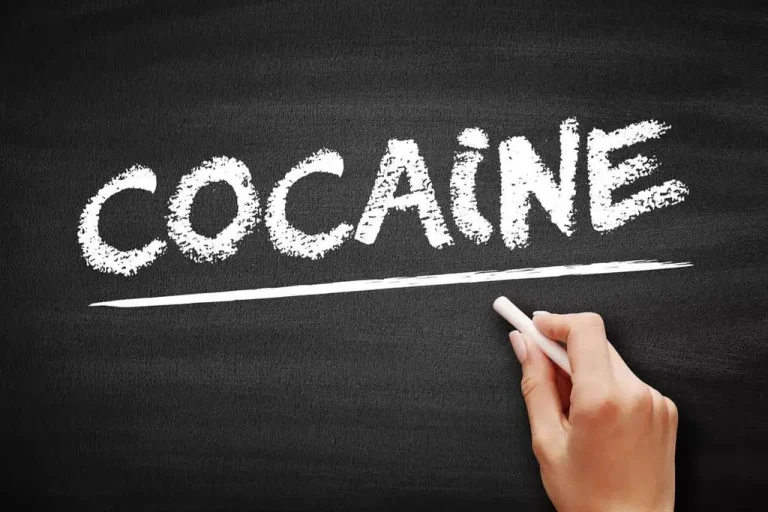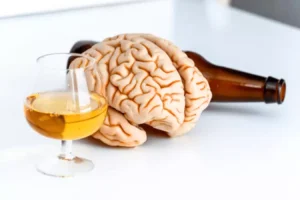
Regular and excessive alcohol use can also cause high blood pressure (hypertension) for a combination of reasons, such as disrupting hormones and affecting the muscles in blood vessels. According to the World Health Organization (WHO), there is no so-called “safe” level of alcohol consumption, and the more alcohol a person drinks, the greater their risk of health issues. If you are living with diabetes and kidney disease, it is important to stay in control of your blood sugar so you can be your healthiest and avoid other… What about the kidney pain some people claim to feel after a night of drinking? According to Dr. Bobart, there’s no research to suggest a link between alcohol and kidney pain. They filter waste from your blood, regulate the balance of water and minerals in your body and produce hormones.
How is your kidney health?
It’s unclear why this might occur, but experts warn that the risks of drinking alcohol don’t outweigh this potential benefit. Heavy drinking makes how alcohol affects the kidneys it more difficult for you to qualify for a kidney transplant. The kidneys are two bean-shaped organs that filter out waste from your blood.
Acid-Base Balance Effects
- Your wait time will depend on your own needs, as well as the availability of an appropriate donor.
- As a consequence, oxidative stress not only propagates kidney failure, but it also contributes to the progression of chronic heart failure (Pacher et al. 2005) and leads to a vicious cycle in alcohol-induced cardiovascular complications.
- This massive induction of CYP2E1 in the kidneys results in oxidative stress that modifies phospholipids in cell membranes.
Another study with dogs (Beard et al. 1965) disclosed that the effects of chronic alcohol consumption endured even longer. The investigators noted increased plasma and extracellular fluid volume 1 week after chronic alcohol ingestion, and these volume expansions persisted for the remaining 7 weeks of the study. Similar alterations have been found in body fluid volumes among chronic alcoholic patients. The NKF also notes that excessive drinking can cause acute kidney injury (AKI) — a sudden decrease in kidney function that usually resolves with time but may be lasting in some cases. (For an in-depth discussion of alcohol and the digestive tract, see the article by Keshavarzian in this issue.) The direct role of alcohol-related endotoxin release in alcoholic kidney injury has not yet been studied. However, it is possible that activation of the innate immune system due to endotoxins released by a leaky gut plays a central role in the development of renal damage, as it does for liver damage (Zhang et al. 2008).
- Below are some answers to frequently asked questions about alcohol-induced kidney damage.
- Rather than the type of beverage, it is the amount of alcohol that affects the kidneys, with binge or excessive drinking having the most impact.
- According to the NKF, one potential symptom of AKI is flank pain, which is pain in the side of the back, between the ribs and hips.
- Binge drinking aside, regular heavy drinking can damage kidneys over time.
- They’ll also discuss the potential risks, side effects, and benefits of a pancreas transplant and related aftercare (such as medications) with you.
- Most of the metabolic reactions essential to life are highly sensitive to the acidity (i.e., hydrogen ion concentration) of the surrounding fluid.
Risks of Alcohol Abuse with Kidney Disease

This may help to eliminate the need for insulin injections, prevent further diabetes complications, and improve overall quality of life and longevity. A pancreas transplant is a surgical procedure that involves taking the healthy pancreas of a donor and implanting it into the body of a person with insulin-treated diabetes (usually type 1 diabetes). Alcohol use also is a risk factor for pancreatitis, gastritis, gastro-esophageal reflux disease and peptic ulcer disease, as well as a potential aggravator of mental and behavioral disorders. When drinking is combined with tobacco use, risks go up across the board. More recent research by the Canadian Institute for Substance Use Research suggests that in 2022, alcohol was to blame for 9,500 cancer cases and 3,800 cancer deaths in Canada. Baseline estimates presented at a conference last month blame alcohol for over a third of esophageal cancers (mostly squamous cell carcinoma) and oral cavity and pharynx cancers, and a quarter of liver cancer cases.
What drinks are hardest on kidneys?

According to the NKF, individuals who have sustained an alcohol-induced AKI may require dialysis, depending on severity. Dialysis is a procedure that involves filtering waste products and excess fluid from the blood. This article describes how alcohol may harm the kidneys and considers the level of alcohol consumption necessary to cause harm. https://ecosoberhouse.com/article/alcoholism-and-denial-helping-an-alcoholic-in-denial/ This retrospective cohort study was conducted using Taiwan’s National Health Insurance research database. Patients aged 20 years or older, without CKD and with the diagnosis of AUD (ICD-9-CM codes 303.X; 305.0, V113) from years 2000 to 2013 were enrolled. Control cohort was selected to match the demographics of the target population.

- One example of an alcohol-related acid-base disturbance already has been mentioned in relation to low levels of phosphate (i.e., respiratory alkalosis resulting from hyperventilation during alcohol withdrawal).
- See your doctor to treat kidney stones or a kidney infection if they are the cause.
- But it can also happen if you have other health conditions, including a kidney infection.
- The body mainly metabolizes alcohol using the enzyme alcohol dehydrogenase, which is expressed primarily in the liver.
- In turn, heavy alcohol consumption is implicated in the development of these cardiac diseases, with chronic, heavy drinkers at higher risk than those who consume small to moderate amounts of alcohol.

